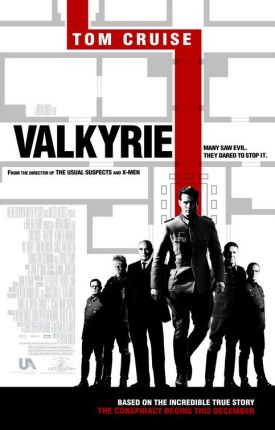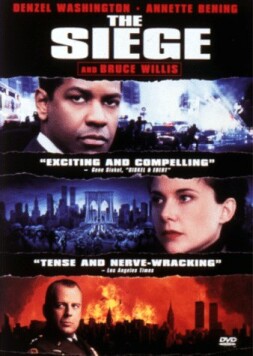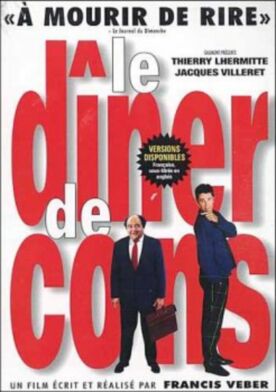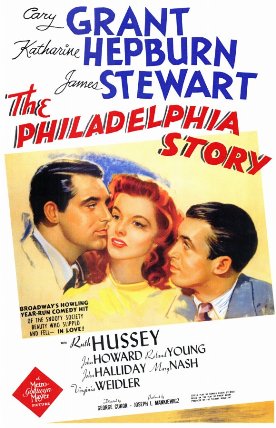Valkyrie
My first impression of Valkyrie — starring, as everyone knows, Tom Cruise as Colonel Claus von Stauffenberg — is how unexpectedly not-awful it was. It was not only the presence in it of Mr Cruise which led me to expect it to be awful, though that would have been enough by itself, but also its troubled production history, including a suspicious reluctance of the producers to release it for some months after it was completed. Unfortunately, not-awful isn’t the same as good. Or even not bad. Wisely, I think, the writer and the director, Christopher McQuarrie and Bryan Singer respectively, avoid anything that might suggest depth or thoughtfulness. Instead, they make a straightforward, tick-tock action thriller out of it, like an episode of 24. Will the plot to kill Hitler and so to stop the appalling carnage of the Second World War in mid-1944 succeed? It must be exciting for the large part of the intended audience who, so the film-makers appear to be betting, don’t know the answer to that question already.
Messrs McQuarrie and Singer have worked together before on X-Men and The Usual Suspects, and Valkyrie has some of the slick, surface brilliance and absence of depth of the superhero movie, as well as the obscure plotting of the sub-standard thriller. But in the end — or even in the beginning — the movie can’t quite get away from the obtrusive absence of what has been left out, which is the natural drama of the situation as the real-life people it is representing would have experienced it. Here, for example, it is treated as a matter of course for a serving officer of the Wehrmacht to betray his oath to Hitler and the Reich because for us, of course, there is no problem about such a betrayal. We can take the evil of Hitler and the Nazis granted. A thousand movies, perhaps more, have made the solid gold Nazi wickedness we all depend on bankable in any cultural emporium on earth without any tedious exposition or moral debate. The real life Claus von Stauffenberg could not have relied upon it the way Mr Cruise does.
Nor, for that matter, could any of the large number of his fellow high-ranking officers here represented as having joined in his plot against the Fuhrer. The movie makes no effort to take their point of view, let alone that of the officers, few though they be on this showing, who remain loyal. We see next to nothing of the inward struggles of men bred up to honor who plot an act of what they themselves calmly call treason. No one struggles with the betrayal or the moral or honorable questions it must have raised for his historical counterpart. Instead, everyone with more than a minute or two of screen-time except for Hitler himself (David Bamber), a shadowy Goebbels (Harvey Friedman) and Major Otto Remer (Thomas Kretschmann) of the Wachregiment Berlin or home guard, who is called in to crush the coup attempt, takes the easy, post-war view that Hitler is a monster who has to be stopped. We can’t help thinking that maybe they should have thought of that a bit sooner.
Yet, as I may have mentioned before in a movie review or two, my Golden Rule of reviewing is that you shouldn’t criticize a movie — or anything else for that matter — for what it isn’t but only for what it is. They might have made a better movie if they had tried to add in some element of moral drama, but then they might have really screwed it up, too. Some have praised the movie for reminding us that not all Germans were Nazis — or, as the film itself puts it, “We have to show the world that not all of us were like him,” meaning Hitler. Others have pointed out that the movies were making this point almost as soon as the war was over and that even during the war people in the allied countries didn’t believe that all Germans were like him. I myself cannot see any broader significance to the film, and thought it was at its worst when it tried to reach for such significance.
At one point, for instance, one of Stauffenberg’s co-conspirators, Major-General Henning von Tresckow (Kenneth Branagh), says to him: “God promised Abraham that he would not destroy Sodom if he could find just ten righteous men. I have a feeling that in Germany, it may come down to one.” Oh, I get it! Tom’s the beautiful victim-hero, the one righteous man — and who’s counting the efforts of Tresckow himself and the other conspirators who outrank him? — who is set up to be martyred for his people and, indeed, all mankind. The Christ-conceit is another contribution, along with the chiseled profile, the snazzy German uniform and the eyepatch — although an historically accurate one — of the celebrity star.
As a result the movie becomes way too obviously a vehicle for Tom Cruise to look cool in. Still, on the positive side, even though I did know how the plot to kill Hitler came out — Spoiler Alert! It failed — I found myself briefly caught up in the excitement of its moment-to-moment working out. That has to be worth something, as do fine performances by Bill Nighy, Tom Wilkinson and Terence Stamp as the generals Olbricht, Fromm and Beck, respectively — even if it means taking Tom Cruise seriously in the role of one of 20th century history’s iconic figures and a moral exemplum. That’s why they call it a willing suspension of disbelief, I believe.
Discover more from James Bowman
Subscribe to get the latest posts to your email.








